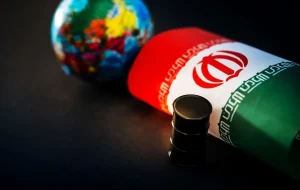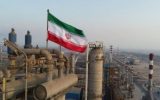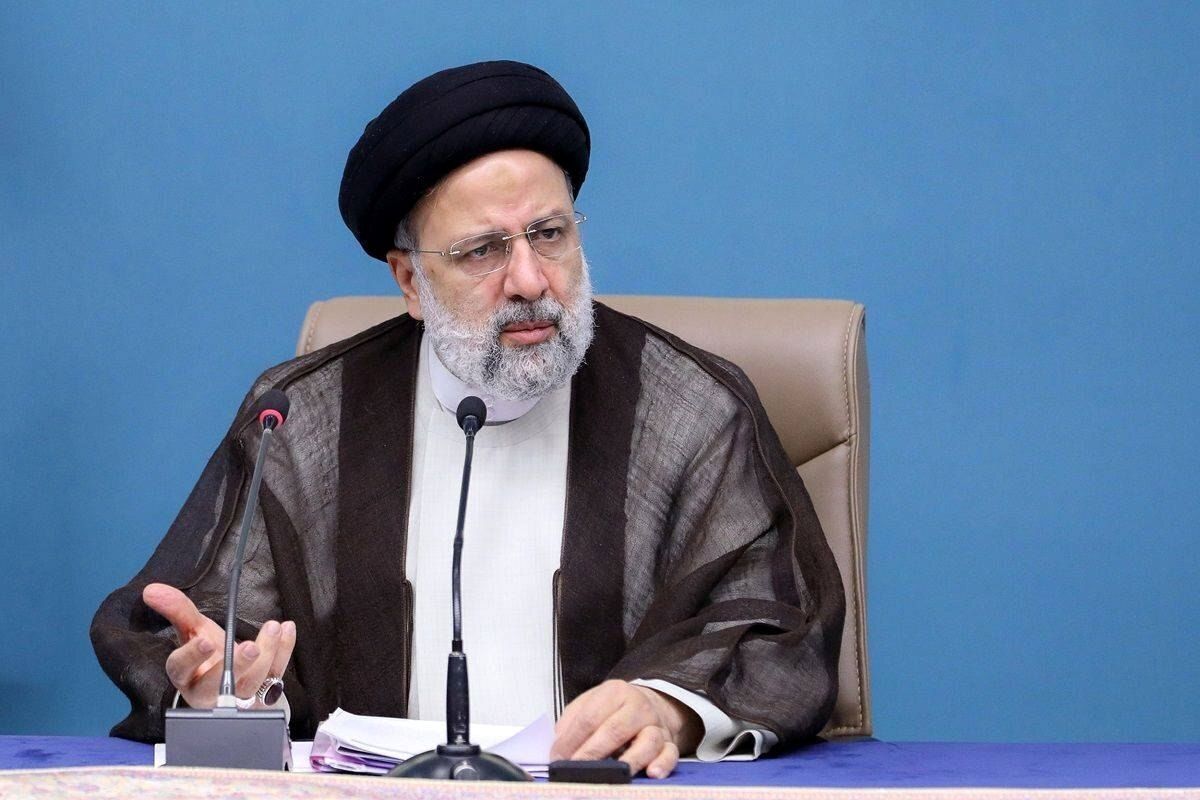
Mismanagement brought petrochemical production to zero
Production in Khorasan, Lordegan, Kermanshah, Zagros, Sabalan, Kimia Pars, and many other urea and methanol petrochemical plants has dropped to zero; why? Because the only prescription of all governments to overcome the gas crisis is to close the gas valve of petrochemical plants.

Growth in oil production and exports despite economic recession
Central Bank statistics indicate a 1.1% growth in oil production and exports in the first half of 1404; a growth achieved during an economic recession and alongside a 0.6% decrease in the country's gross domestic product.

The Yellow Dragon’s Addiction to Iranian Oil / Billion-Dollar Savings for Chinese Refineries
Estimates by the Kepler Institute show that China purchased over 80% of Iran's exported oil in 2025, with daily imports averaging around 1.38 million barrels, equivalent to approximately 13% of China's total seaborne oil imports.
آخرین اخبار

Launching the South Azadegan Processing Unit is an effective measure to neutralize sanctions
The spokesman for the Parliament's Energy Commission announced: "The launch of the second tier of the central processing unit of the South Azadegan Joint Field is an effective measure to compensate for the backlog, increase oil production, and neutralize sanctions in the current situation in the country."

Morteza Behrouzifar: It is unlikely that we will see a jump in oil prices in 2026
A faculty member of the Institute for International Energy Studies announced that price levels in 2025 were lower than the previous year, and said: "Given the experience of the oil market in recent years, it is unlikely that we will see a significant increase in prices in 2026 unless a specific development occurs in the global economy or geopolitical equations."

Oil Minister: Return of foreign currency from oil sales will be carried out under the supervision of the Central Bank
The Minister of Oil, announcing that our colleagues, as oil companies, do not have access to the banking sector with money from oil sales, said: "The mechanism for depositing resources from oil sales is carried out under the supervision, monitoring, and control of the Central Bank."

The Oil Industry Pension Fund is operated without relying on government funding
The chairman of the board of directors of the oil industry pension funds considered the independence and non-governmental nature of the fund to be the foundations of the fund's sustainability, and called rumors of the fund's merger false.

Unprecedented record of sweet gas production at South Pars Refinery 3
The manager of the third refinery of the South Pars Gas Complex announced an unprecedented record in sweet gas production in the first nine months of this year, saying: "This success is the result of relying on domestic capacity, the technical knowledge of specialists, and the effective use of the capacity of the country's knowledge-based companies."

Gas consumption in the domestic sector reached 659 million cubic meters
Gas consumption in the domestic, commercial, and small industrial sectors reached 659.26 million cubic meters on January 2, along with the stability of the cold weather.

Abbaszadeh: HSE’s preventive measures played a key role in crisis management
The CEO of the National Petrochemical Industries Company considered HSE an organizational value and said: "Decisions related to this area must be made in an integrated manner and in line with national interests."

Ministry of Petroleum Research Week: Focus on digital transformation and new technologies
This year's Research and Technology Week at the Ministry of Oil focused on developing new technologies, deepening the industry's relationship with universities and knowledge-based companies, and moving purposefully toward digital transformation. It was a week that was accompanied by the signing of research and technological contracts, the unveiling of knowledge documents and products, and the presentation of reports on the achievements of the oil industry in the field of innovation. The set of actions taken this week reflects the strategic approach of the Ministry of Oil to respond to the technological needs of the industry and enhance the productivity, sustainability, and competitiveness of this strategic industry.

Oil Minister: Transferring gasoline quota to bank cards will be implemented in the coming months
The Minister of Oil announced that in the first week of implementing the new gasoline plan, consumption had decreased by 9 million liters, and said: "Of course, we must wait for its long-term effects to draw conclusions in this regard."

Ilam Refinery’s torch burning decreased by 50%
The CEO of Ilam Gas Refining Company announced the implementation of extensive programs to reduce flaring and protect the environment and said: With the measures taken, flaring in this complex has decreased by 50% and is moving towards complete elimination.




